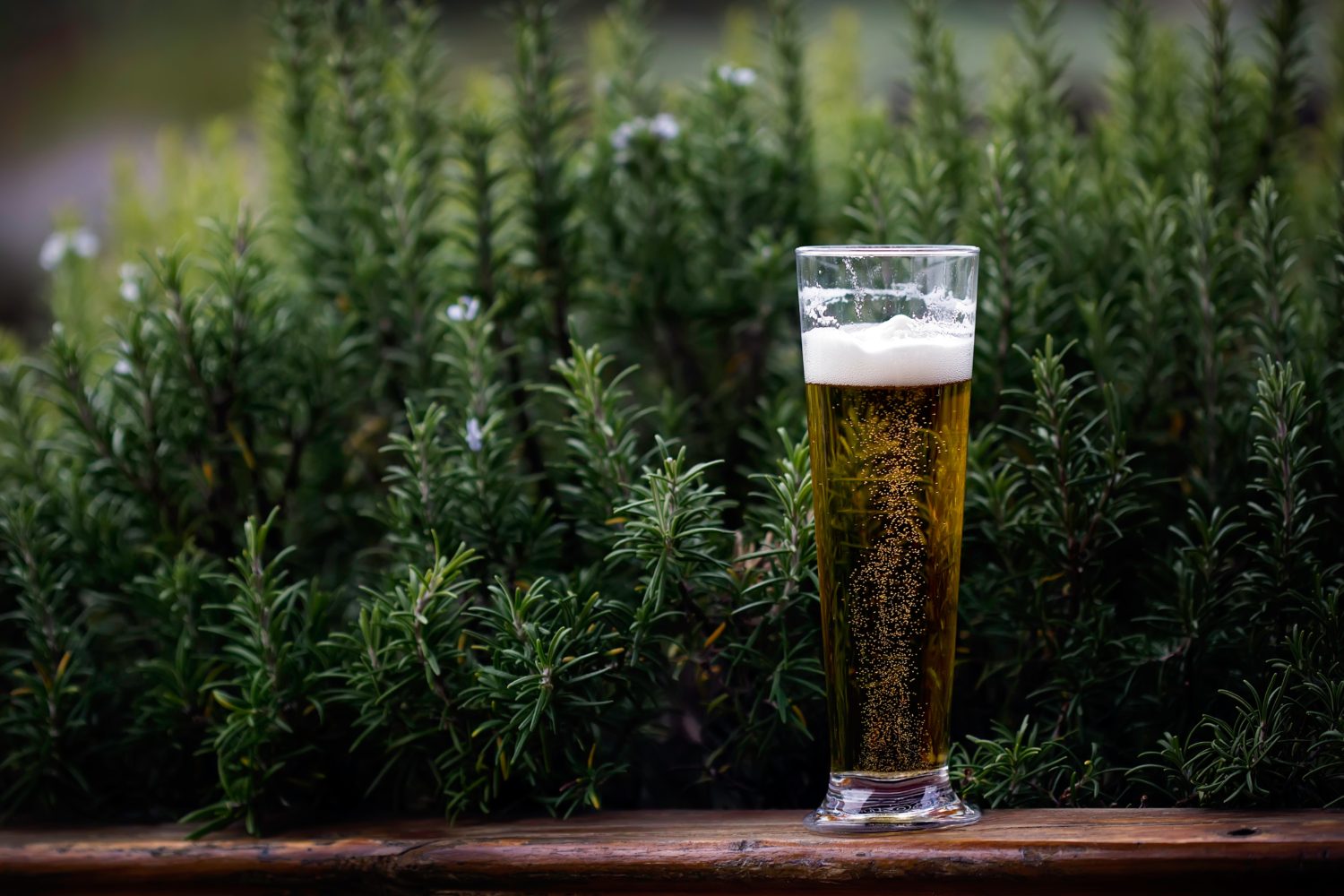By Cheryl Parker
The final part of our three-part series dedicated to beer & water
We are lucky here in New England in that we have water that is wonderful for brewing and currently enough of it. Home brewers can usually get by without adjusting their water chemistry at all, and companies here do not have water bans on the top of their list of worries.

Let me say that again, we are extremely lucky here! Places like California experiencing droughts have constantly changing water sources and mineral concentration, and other places flat out don’t have quality water to start with. In either case, a brewery would need to install extremely expensive filtration and usually a reverse osmosis system in order to maintain quality and consistency in their product.
These days we often take clean water for granted and drink beer for fun or special occasions but that wasn’t always the case. Throughout history, beer was safer than water to drink. Everyone drank beer, including the kids!

Included here is a link to watch one of my favorite series on PBS. “How We Got to Now: Episode 1- Clean” describes how John Snow proved that Cholera spread through water, not air, by looking at the proximity of water pumping stations in relation to the Brewery in London. (Jump to minute 20:00 if you want to get right to the beer, though I recommend the whole episode!)
Also happening in the 1800’s, Louis Pasteur was studying what made beer spoil. We tend to recognize Pasteur for making milk safe to drink, but really he started out with beer! He saw under the microscope tiny organisms and discovered that if the liquid was boiled the beer would not spoil. Hence pasteurization! Here is a short video on Pasteur I definitely recommend watching.
But clean brewing water is not the only thing brewers worry about. These days they need to also consider what they put down the drain at the end of the process. After all, what we put down our drain goes back into the environment… and someday will again become our brewing water!

At UNH in the Advanced Brewing course, the students are currently sampling wastewater from breweries and running tests such as Biochemical Oxygen Demand and Total Suspended Solids. You might be wondering what on Earth a brewery puts down the drain that is bad? Breweries do not generally put anything dangerous or toxic down the drain. The problem stems from that what does go down the drain (yeast, beer, protein and often bits of grain) are VERY high in nutrients. When that nutrient rich water hits a town or city wastewater facility or private septic system it overwhelms the biological process put in place to treat it. Many breweries now must side-stream nutrient rich waste, or pretreat it onsite. It can be quite a large expense if the brewery did not include it in their original design.
To put this in more relatable terms, adding a moderate sized craft brewery, say 10,000 barrels a year, is the equivalent of suddenly adding 1000 homes, or 4,000 people to a towns wastewater treatment system. The importance of understanding this part of the process cannot be ignored!

I teach my students use your water wisely by limiting how much you need, reclaiming cooling water from your process, and using the most efficient cleaning methods available. A macro brewery such as Anheuser-Busch uses about 3 gallons of water to make one gallon of beer. A small craft brewery uses 7-10 gallons of water to make one gallon of beer. So there is certainly room for improvement! Some methods are easy to replicate while others methods of conserving water are yet to be discovered, especially for the craft level of brewing.

So I encourage all brewers and students of brewing to keep learning and keep improving. We are so lucky to be part of a collaborative community that is willing to share their ideas, especially when it comes to preserving our natural resources. And if we all do our part, we will have plenty of clean water and tasty beer to enjoy!

This post was graciously authored by Cheryl Parker, Manager of the UNH Brewing Science Lab and proud Every Drop supporter.
To keep up to date on Beer releases, public events, and follow what the students are up to, follow along on Facebook and Instagram.
And check out the UNH Brewing Courses online.
#EveryDropMatters


